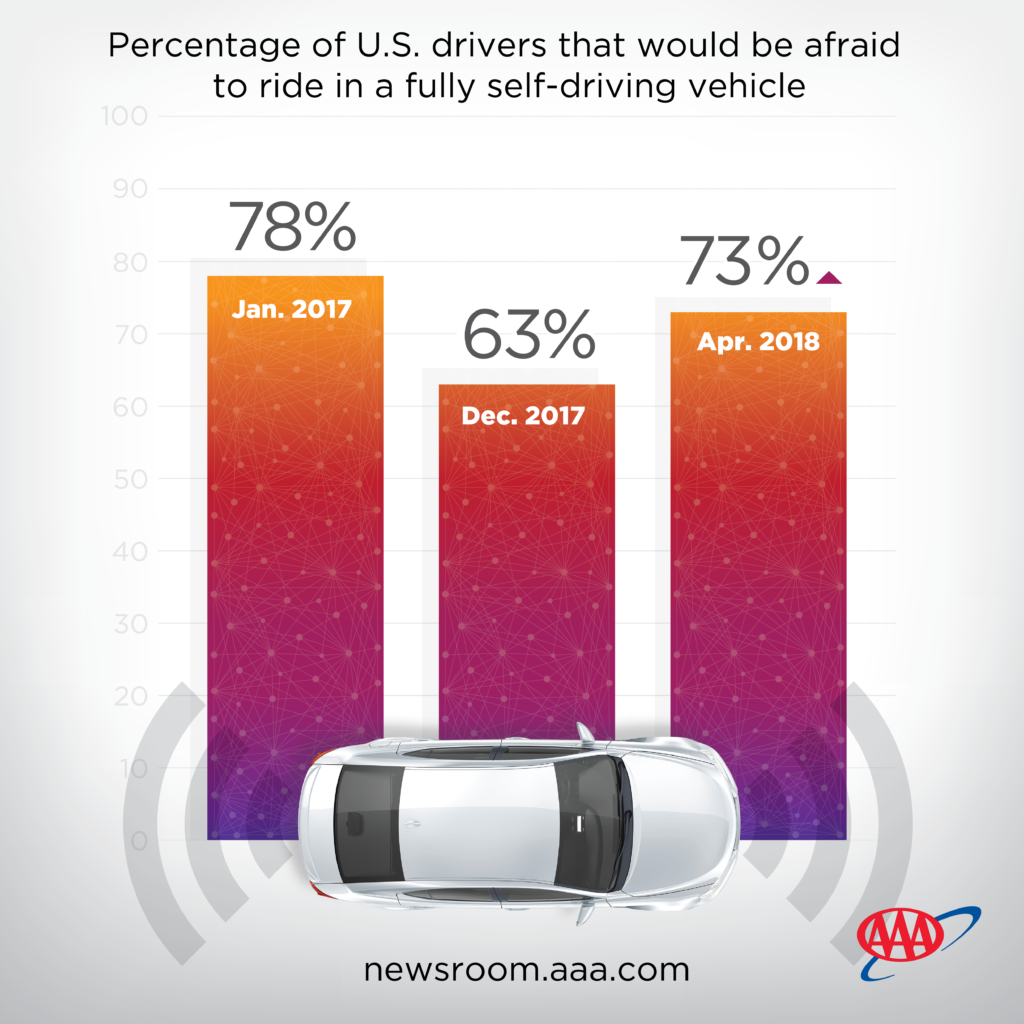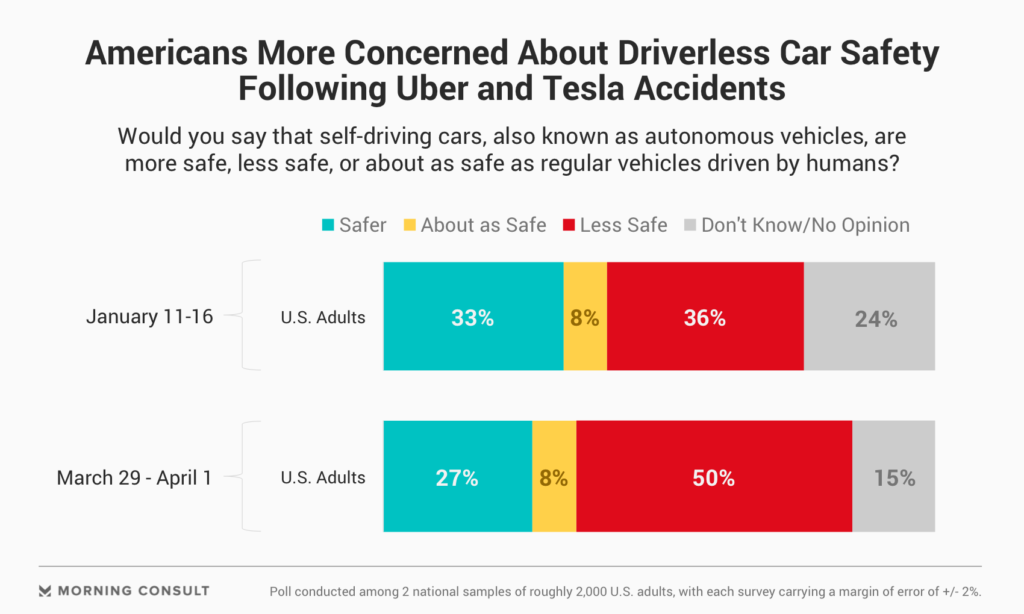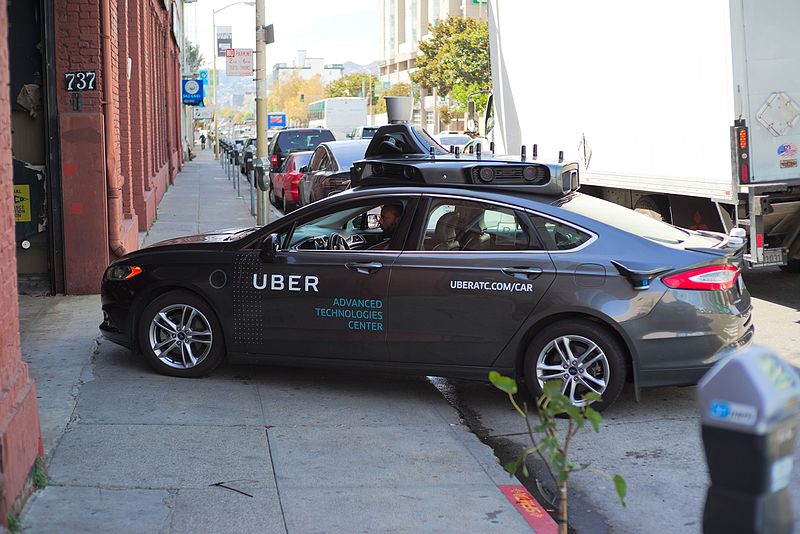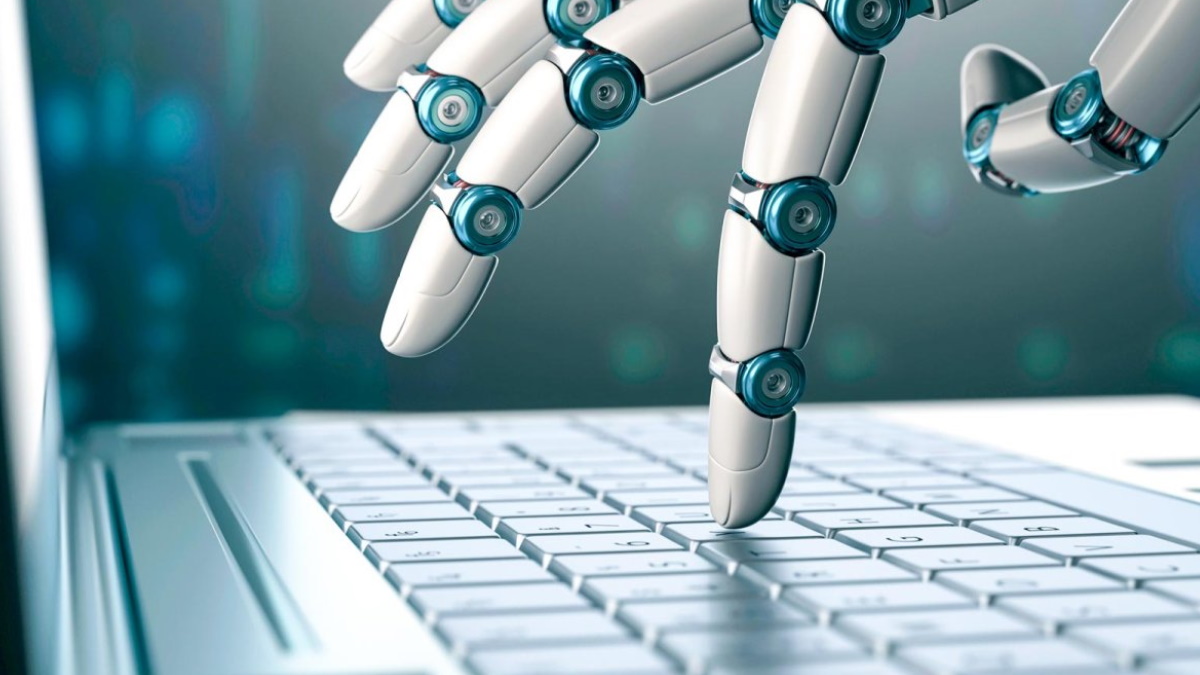Recent accidents involving autonomous vehicles, like the fatal Uber accident and the Tesla Model S crash, have not helped the vehicles gain mass appeal. Both government officials and the public have lost faith, limiting how widely it can tested and adopted into the mainstream.
According to a recently released American Automobile Association (AAA) survey, 73% of American drivers are scared to ride in an autonomous vehicle. What’s worse, that figure rose 10 percent from the end of 2017 and millennials, the group previously most amenable to the new technology, were affected most by the recent autonomous vehicle crashes.

In the same time period, millennials are 15 percent more likely to be afraid of trusting a driverless car, jumping from 49 percent to 64 percent.
“To ease fears, there must be safeguards in place to protect vehicle occupants and the motorists, bicyclists, and pedestrians with whom they share the road,” said Megan Foster, the AAA director of Federal Affairs in the accompanying press release.
However, the same survey reveals that 55% of US drivers do want semi-autonomous vehicle technology for their next car, so companies like Tesla should still expect widespread adoption of some aspect of their technology.
The AAA survey findings were partially corroborated by another one done by Morning Consult.

This survey showed similar levels of distrust when it came to autonomous vehicles after the Uber and Tesla accidents referred to earlier.
Meanwhile, regardless of this public anxiety, companies like Uber, Airbus, and Kittyhawk are already looking at the sky and planning autonomous flying taxis.
Follow TechTheLead on Google News to get the news first.






















